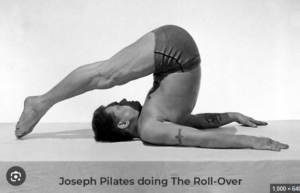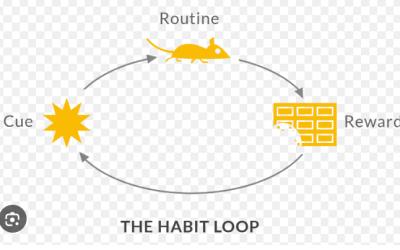To say play has been absent this past year is perhaps an understatement. Nothing like a raging pandemic to quash the playfulness out of even the most joyous being. But the weather is getting better, there’s a grand stretch in the days, and optimism and hope are floating on the air like puffs of promise expelled from the mouth of a friendly garden fairy.
Time for play.
‘’Play is a basic human need, as essential to our wellbeing as sleep, so when we’re low on play, our minds and bodies notice’’
Dr. Stuart Brown
Play deprivation can reveal itself in our behaviour: if we get cranky, are rigid, feel stuck, or even feel victimised by life. This extra- ordinary year has certainly deprived us collectively of so much opportunity to play. But as adults, grown- ups who feel responsible and serious and mature, we too have sidelined play, often pigeon-holing it to structured, designated times, like the annual two week holiday.
The experts argue however that play needs to be part of our everyday to be of most benefit to us, not just something we do at prescribed holiday times of the year.
The benefits of play as adults are MANY
We are wired by evolution to play. Here are some of the key benefits to embracing daily play as adults:
- Good for our mental health
- Better at coping with stress
- Releases endorphins which improve our mood
- Stimulates creativity
- Boosts adaptability, reduces rigidity
- Helps keep us young and energetic!
- We laugh more : )
If play were a pill, we’d all be popping it.
Good for our mental health
Highly playful adults reported less stress in their lives and better coping skills.
‘’Highly playful adults feel the same stressors as everyone else, but they appear to experience and react to them differently, allowing stressors to roll off more easily than those who are less playful’’
Lynn Barnett, Professor of recreation
Positive emotions
Play generates positive emotions, and these positive emotions allow us to see, think and feel more expansively in all areas of our professional and personal lives.
Barbara Friederickson’s widely lauded Broaden and Build theory posits how positive emotions open our minds. They open us. They literally change the boundaries of our minds; your world quite literally expands, you can see more. Positive emotions change our outlook on our environments.
Sunlight is what opens up flowers, what allows them to take in more light and warmth. Positive emotions are what open up our minds and hearts, opening our awareness and increasing the expanse of our peripheral vision. We see more possibilities, more ideas, more solutions.
What play looks like
Play is much broader than laughing out loud, or goofing around.
‘’What all play has in common is that it offers a sense of engagement and pleasure, takes the player out of a sense of time and place, and the experience of doing it is more important than the outcome’’
Psychiatrist Stuart Brown
Flow as play
Being in flow then, is a form of play. Flow was popularised by positive psychologists as a key to happiness. Flow is a state where, under the right conditions, you become fully and contentedly immersed in what you are doing. Flow isn’t when you are chilling with Netflix, fully immersed in your boxset of choice. It is instead an active state, one that requires engagement and concentration.
‘’The best moments in our lives are not the passive, receptive, relaxing times…the best moments usually occur if a person’s mind or body is stretched to its limits in a voluntary effort to accomplish something difficult and worthwhile’’
Mihaly Csikszentmihalyi
For me, hiking up something high and challenging for a few hours meets this state of flow definition. I do it voluntarily, it is challenging enough, I am fully focused in the moment and my surroundings, and entirely contented the entire time. The hours truly fly by. As an extra bonus to play, I hike with others, so there’s a great sense of togetherness.
What puts you into flow?
Types of play
In his book Play: how it shapes the brain, opens the imagination and invigorates the soul, Dr Brown outlines 5 archetypes that he has observed through decades of research. They are:
- Rough and tumble play – eg twister, rugby, laser tag
- Ritual play – activities where we create, design, strategise eg board games
- Imaginative play – letting our imaginations run wild eg drawing, acting, storytelling
- Body play – our bodies at play eg hiking, kayaking, tennis
- Object play – eg playing with lego, jenga
Nothing lights up the brain like play. Dr Brown asserts that we will enrich our lives by prioritising and making time for play.
Ideas for play
The list could quite literally be endless, and ideas for play are of course different for you than they are for me. Examples include : reading a book, doing a jigsaw, playing with the dog, board games night, going to a movie / gig, recreational sports, karaoke, going on a trail walk, jumping in the sea, painting, gardening. So play around, and reap the many benefits. Make time for play today.
Extra resources : )
https://www.youtube.com/watch?v=Z7dFDHzV36g Barbara Friederickson – Positive Emotions
https://www.ted.com/talks/mihaly_csikszentmihalyi_flow_the_secret_to_happiness – Flow
The Happiness Advantage – Shaun Achor



